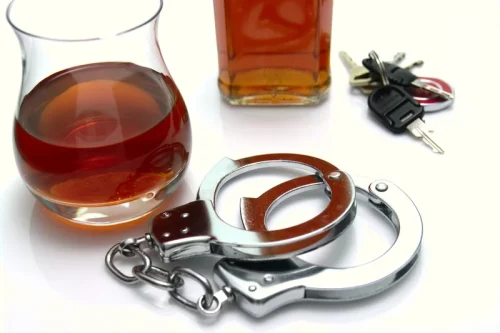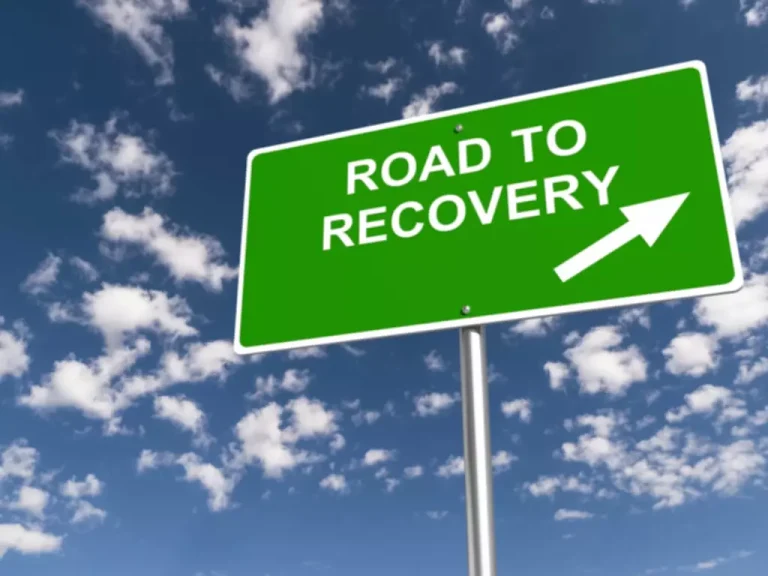
Contact us if you or are loved one struggles with marijuana addiction. Today, marijuana is cultivated and consumed in many parts of the world. Most scientists believe marijuana originated in Central Asia, specifically in present-day Mongolia and Siberia.
Is THC Physically Addictive?
But I noted that the cannabis industry is growing and there’s a lot more ways to get cannabis and it’s very potent. So, increased ER visits and poison center calls have been related to cannabis, especially among children and youth. And this oftentimes has to do with how this cannabis is packaged. It might be in something that is attractive to young people like candies or chocolates or flavored juices and so on.

How addictive is cannabis?

If you’re dependent on cannabis, you could go through withdrawal for weeks or relapse after you quit. That’s why experts are studying how medicine can ease withdrawal symptoms like bad mood, anxiety, restlessness, and sleep issues. They’re looking at antidepressants, cannabinoid agonists, mood stabilizers, and insomnia medication, but there are no FDA-approved meds for CUD. Substance dependence, also called chemical dependence, is when a person experiences physical dependence on a substance but is not addicted to it.
Building up a tolerance
After regular use over time, they build a tolerance, where the effects of the substance are not noticed as much or at all. The person experiences symptoms when they stop using the substance, which makes them feel the need to use it again. Addiction happens when a person uses a substance such as alcohol, marijuana, or another drug in excess. It is usually marked by a change in behavior, where the person becomes consistently focused on using that substance regardless of potential negative outcomes. Addiction can be physical, psychological, or both at the same time.
Despite its widespread use, many more studies are needed what is alcoholism to understand how regular marijuana use may affect your brain and body. If you vape or smoke weed, THC could get into your bloodstream quickly enough for you to get your high in seconds or minutes. The THC level usually peaks in about 30 minutes, and its effects may wear off in one to three hours. If you drink THC-infused drinks or eat THC edibles, it may take much longer for you to fully sober up.
What is the most important information I should know about marijuana?
- Healthcare professionals will recommend the kind of care that is needed depending on the severity of the disorder.
- When it comes to cannabis, addiction is clinically known as cannabis use disorder (CUD).
- Use among the general population (aged 16 years and older) increased from 25% in 2021 to 27% in 2022.
- If you drink THC-infused drinks or eat THC edibles, it may take much longer for you to fully sober up.
“I’ve always found quitting marijuana to be easy when I needed to because of travel reasons or personal reasons, or professional, or what have you,” he told Healthline. The conversation around marijuana use has become more nuanced since the World War II era film “Reefer Madness” portrayed the drug as destructive and dangerous. A 2014 review looked at the available research regarding people with epilepsy using marijuana to ease their seizures. Currently, 31 states and the District of Columbia have laws legalizing marijuana in some form.
The legalized cannabis era has even cultivated a surprising conversational common ground. That family member you’re hoping doesn’t bring up politics at dinner? The term is weed addictive Cannabis Use Disorder encompasses the concept of a range of problems with cannabis use.
What Is Cannabis Use Disorder (CUD)?

Periodontal disease doesn’t just cause tooth loss but has also been linked to many other health issues, including heart disease and preterm labor. Treatments are available that can help people overcome marijuana addiction. Such treatments primarily focus on psychotherapy, but researchers are also exploring medications that might someday be helpful. Research is mixed as to whether mental health issues are more often the cause of cannabis abuse, or whether dependence on cannabis can, in turn, lead to mental health issues. However, cannabis doesn’t help much with short-term pain, such as a headache, sprained ankle or recovery after surgery, he adds.
- On the other hand, there are studies that have issued warnings on marijuana and heart health as well as using marijuana for morning sickness.
- There are serious ripple effects of CUD, majorly physical, emotional, and social consequences posed to those affected.
- Expecting complete abstinence may be unrealistic in some cases and can even be harmful.
- Instead of smoking, try another form, such as edibles or a tincture you put under your tongue.

Experts are still investigating why some people become addicted while others don’t. There are various reasons that a person might become dependent on marijuana. Of course, this doesn’t mean that you will develop an addiction to marijuana if you experience one or more of these risk factors. In addition, it has been found that marijuana dependence may affect your ability to respond to the neurotransmitter dopamine, which allows us to feel pleasure. In one study, those who had marijuana dependence had fewer positive emotions, higher stress levels, and increased irritability. The increased potency of modern marijuana strains means that there is a greater risk for tolerance, dependence, addiction, and withdrawal.
Leave a reply





